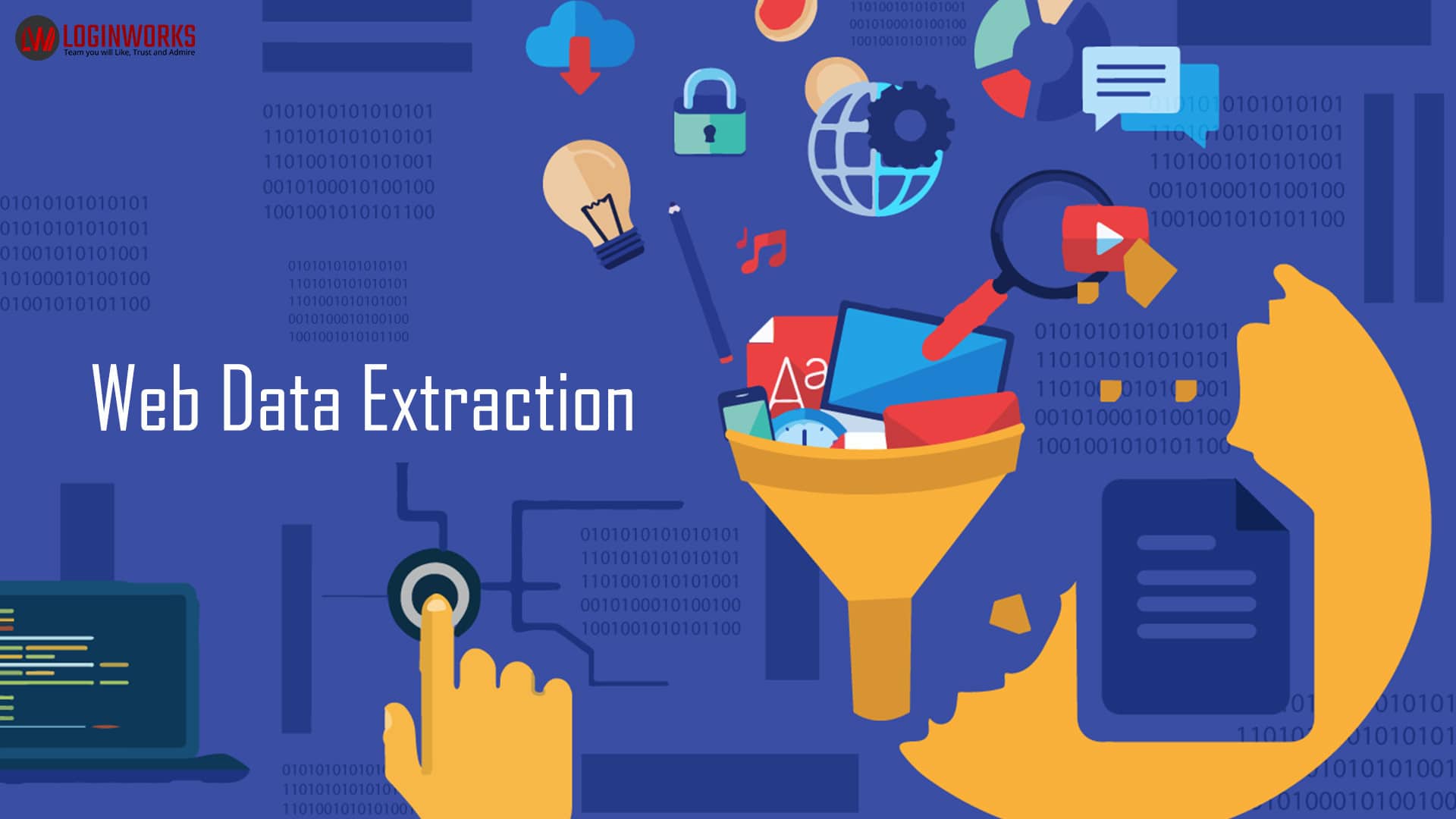Mastering Web Data Scraping: Best Practices for Success
In an era where data fuels innovation and decision-making, web data scraping has become an indispensable tool for businesses, researchers, and enthusiasts alike. But what’s the best way to scrape data from a website efficiently and ethically? In this article, we’ll delve into the art of web data scraping, share valuable tips and best practices, and introduce you to our expert, James Taylor, who can provide professional assistance. If you’re in need of guidance or support, feel free to reach out to James using our contact form.
**Understanding Web Data Scraping**
Web data scraping, also known as web harvesting or web crawling, is the process of automatically extracting information from websites. This information can include text, images, links, pricing data, and much more. The scraped data is typically stored in a structured format for analysis, research, or business purposes.
**Best Practices for Effective Web Data Scraping**
Achieving success in web data scraping requires a combination of technical expertise, ethical considerations, and adherence to best practices. Here are the key steps and strategies to master the art of web scraping:
**1. Review Website’s Terms of Service (ToS):**
– Start by carefully reviewing the website’s Terms of Service. Some websites explicitly prohibit scraping, and violating their terms can lead to legal repercussions.
**2. Clearly Define Your Objectives:**
– Before you begin scraping, define your objectives and the specific data you need. Clarity in your goals will guide your scraping strategy.
**3. Select the Right Tools:**
– Choose a web scraping tool or framework that suits your project’s requirements. Popular options include BeautifulSoup, Scrapy, and Selenium.
**4. Respect Robots.txt:**
– Check the website’s `robots.txt` file, which provides guidelines on what parts of the site can and cannot be crawled. Adhering to these rules is essential for ethical scraping.
**5. Implement Delay and Rate Limiting:**
– To avoid overloading a website’s server, introduce delays between your requests and set rate limits to ensure responsible scraping.
**6. Handle Pagination and Infinite Scrolling:**
– If the website has paginated content or infinite scrolling, make sure your scraper can navigate through all pages to capture the complete dataset.
**7. Deal with Dynamic Content:**
– For websites that rely heavily on JavaScript to load content, consider using a headless browser like Selenium to interact with and extract data from the page effectively.
**8. Set Up Monitoring and Error Handling:**
– Regularly monitor your scraping process for errors and exceptions. Implement robust error handling mechanisms to address issues in real-time.
**9. Data Storage and Cleaning:**
– Store scraped data in a structured format, such as CSV, JSON, or a database. Additionally, clean the data to ensure it’s accurate and ready for analysis.
**10. Respect Copyright and Privacy Laws:**
– Be mindful of copyright laws and respect privacy considerations. Avoid scraping copyrighted material and personal information without proper consent.
**Professional Guidance from James Taylor**
While following best practices is essential, web data scraping can still present challenges, especially for complex or large-scale projects. This is where James Taylor, our web scraping expert, can provide valuable assistance. With extensive experience in web scraping, James can offer professional guidance to ensure your scraping activities are efficient, ethical, and compliant with legal regulations.
**Why Seek Expert Assistance?**
– **Optimized Efficiency:** James can help you streamline your scraping process for maximum efficiency and accuracy.
– **Legal Compliance:** Our expert can assess the legal implications of your project and guide you in staying compliant with relevant laws and regulations.
– **Technical Troubleshooting:** James can assist in overcoming technical challenges and provide solutions for intricate scraping tasks.
**Contact Us for Expert Support**
If you’re embarking on a web scraping project and require guidance, technical support, or optimization of your scraping strategy, James Taylor is available to assist you. Don’t hesitate to reach out to James using our contact form, and he will promptly address your inquiries and provide expert advice to ensure your web scraping endeavors are a success.
In conclusion, web data scraping is a powerful tool for extracting valuable information from websites, but it requires careful planning and adherence to best practices. If you’re looking to master the art of web scraping and want to ensure your project’s success, reach out to James Taylor, our seasoned expert, for professional support. Unlock the full potential of web data scraping while maintaining ethical standards and legal compliance for your research, business, or analytical needs. CONTACT US

